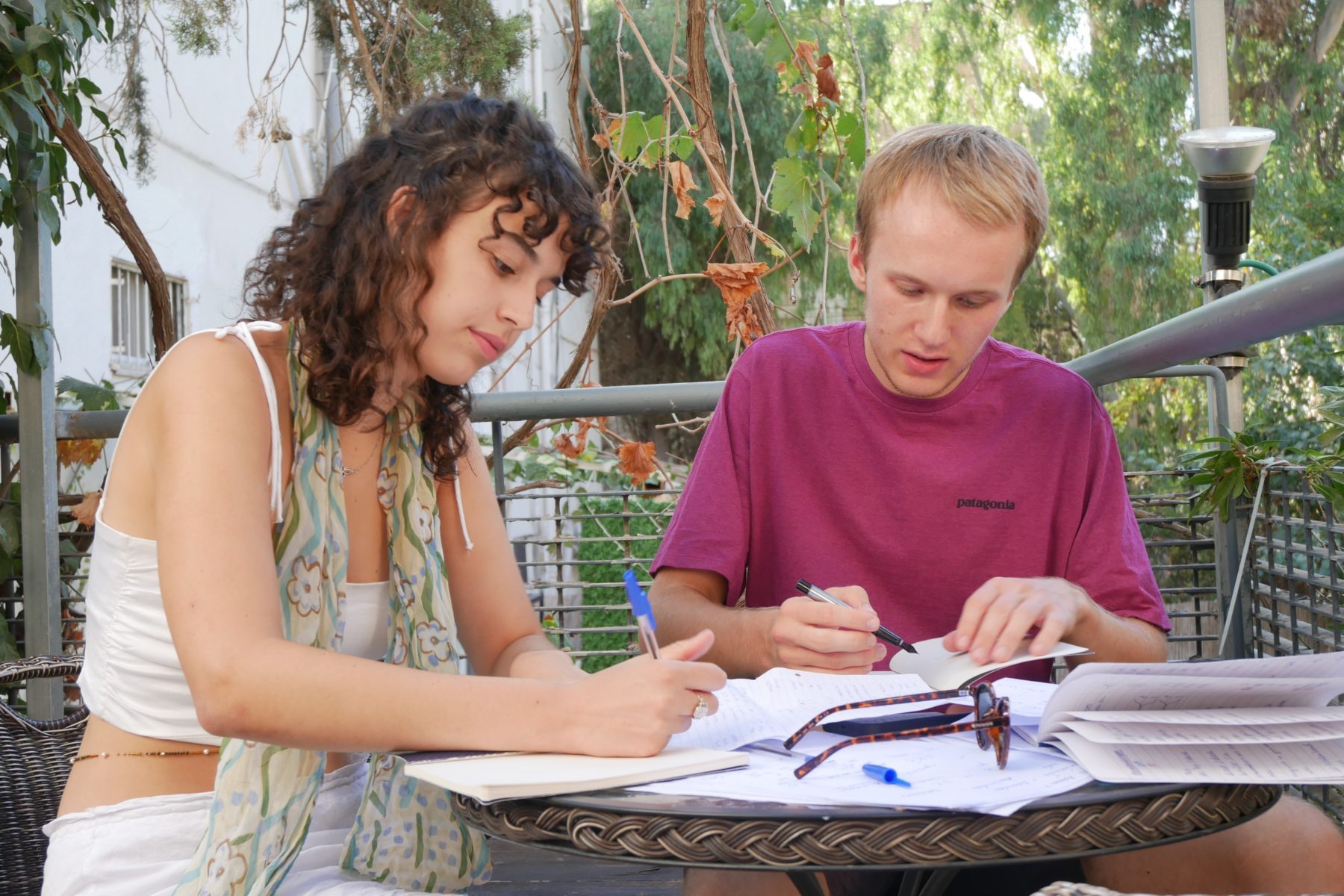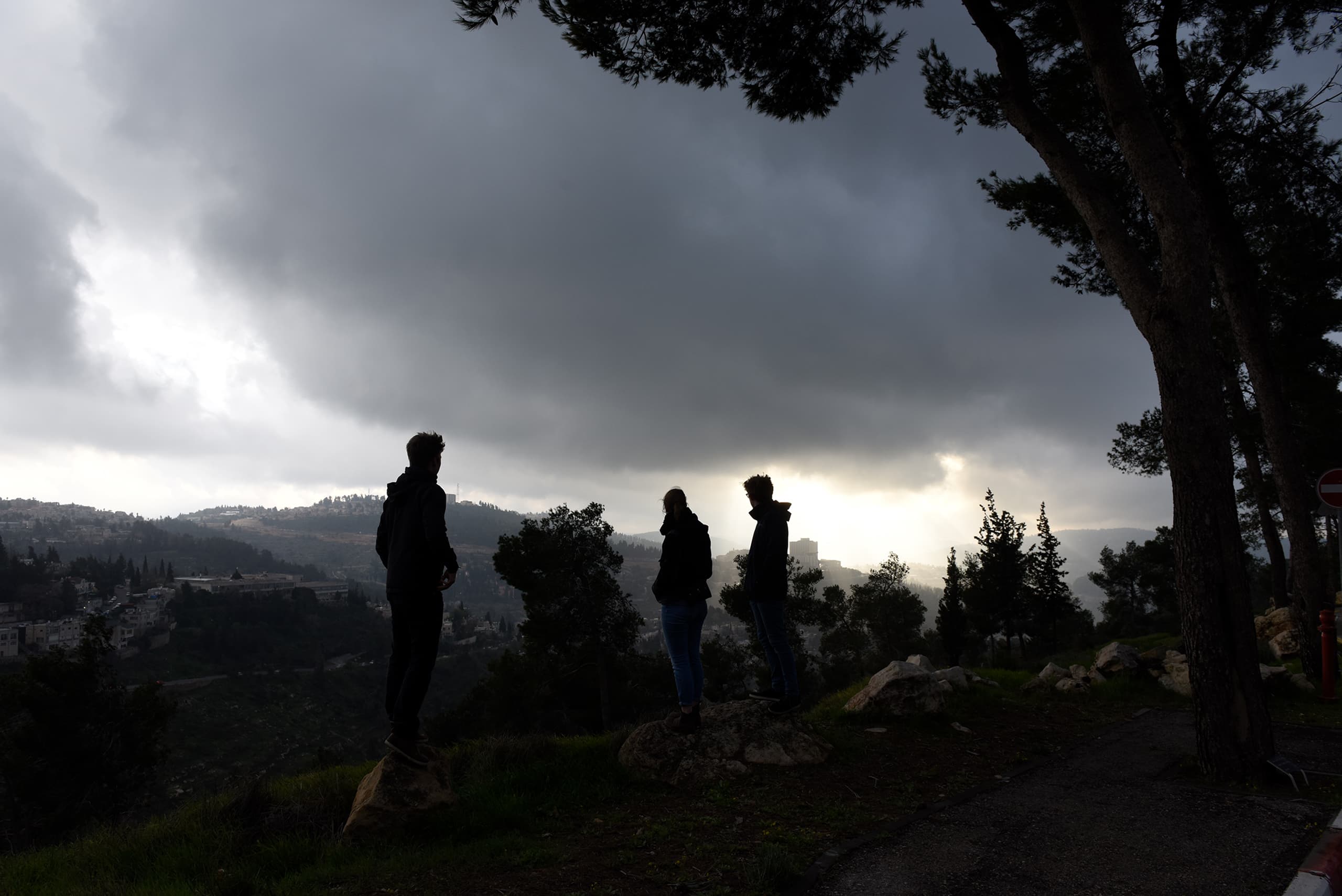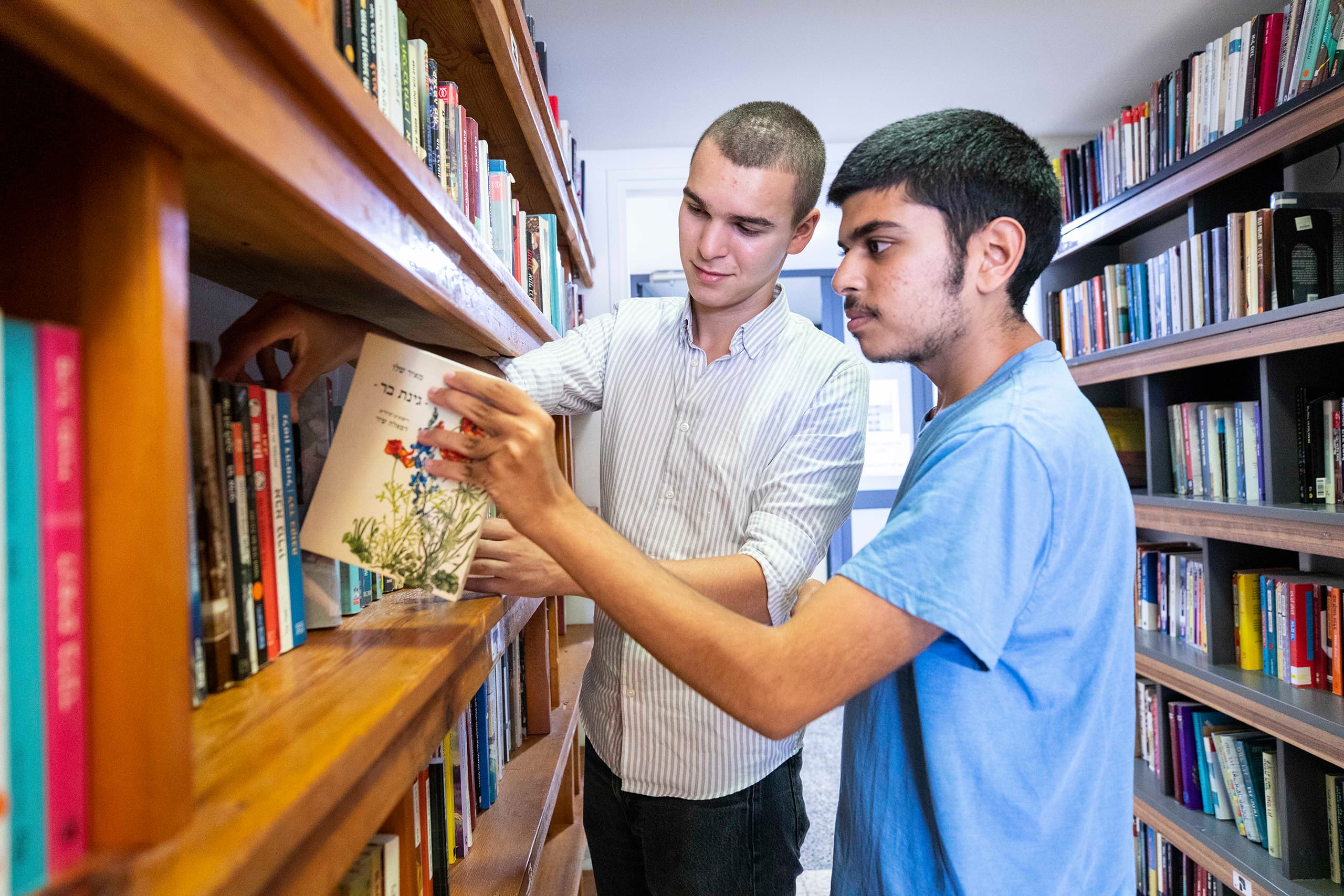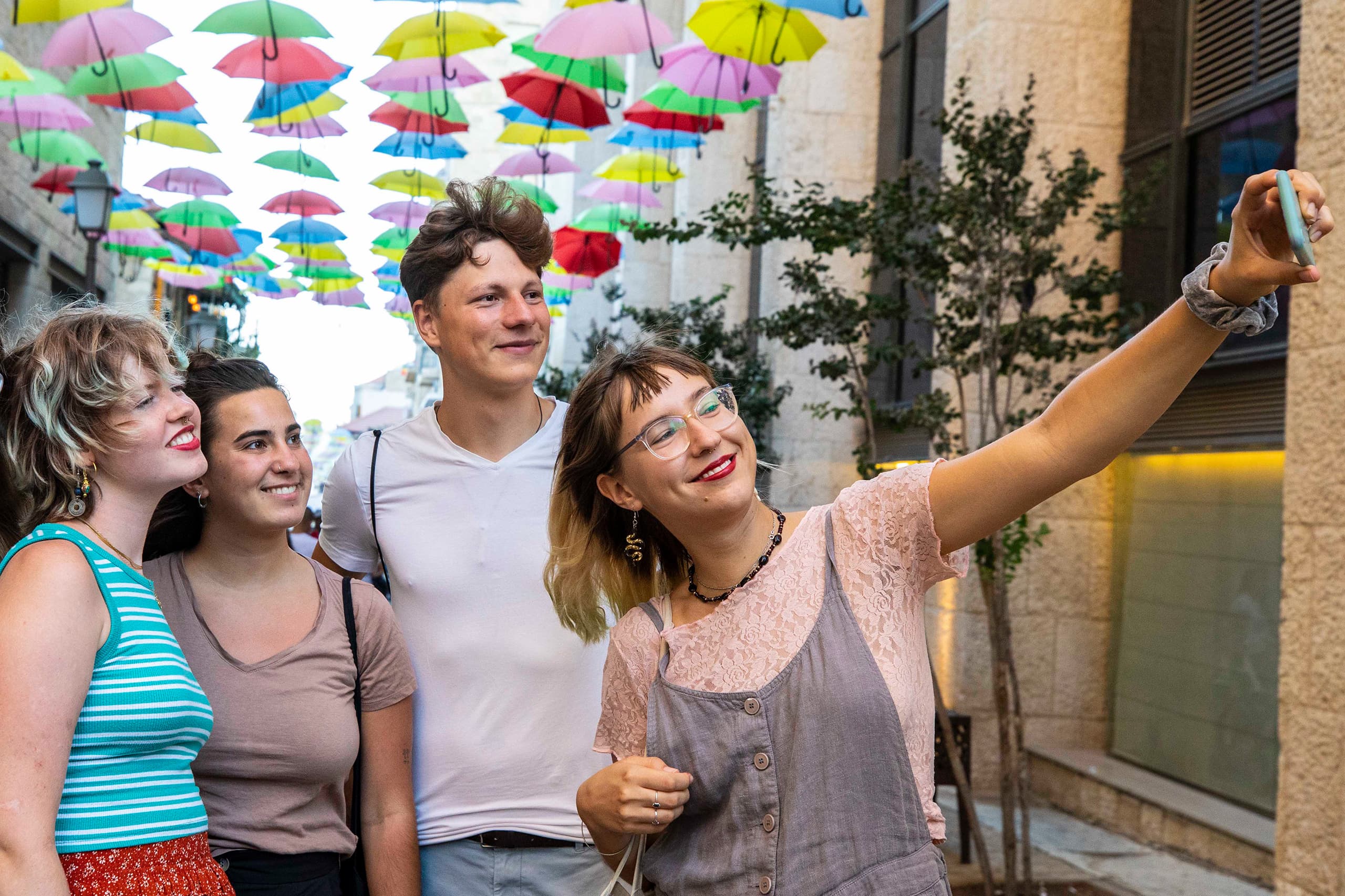Volunteer service

You want to work for understanding, diversity and solidarity and gain experience abroad? With ASF you can spend one year volunteering in the social or historical field in Germany – together with other international volunteers. And every year, ASF volunteers from Germany come to Israel and get involved here.
International volunteers in Germany
ASF offers different volunteer placements for volunteers from other countries in several German cities. Become a part of the international volunteer group!

Every year, nearly 20 volunteers from different countries get involved with ASF in Germany. Our partner organizations are memorials and archives, social projects for people with disabilities, for elderly people or refugees. The workplaces are located in various cities throughout the country. As a volunteer, you will work full-time at one or two volunteer placements on five days per week.
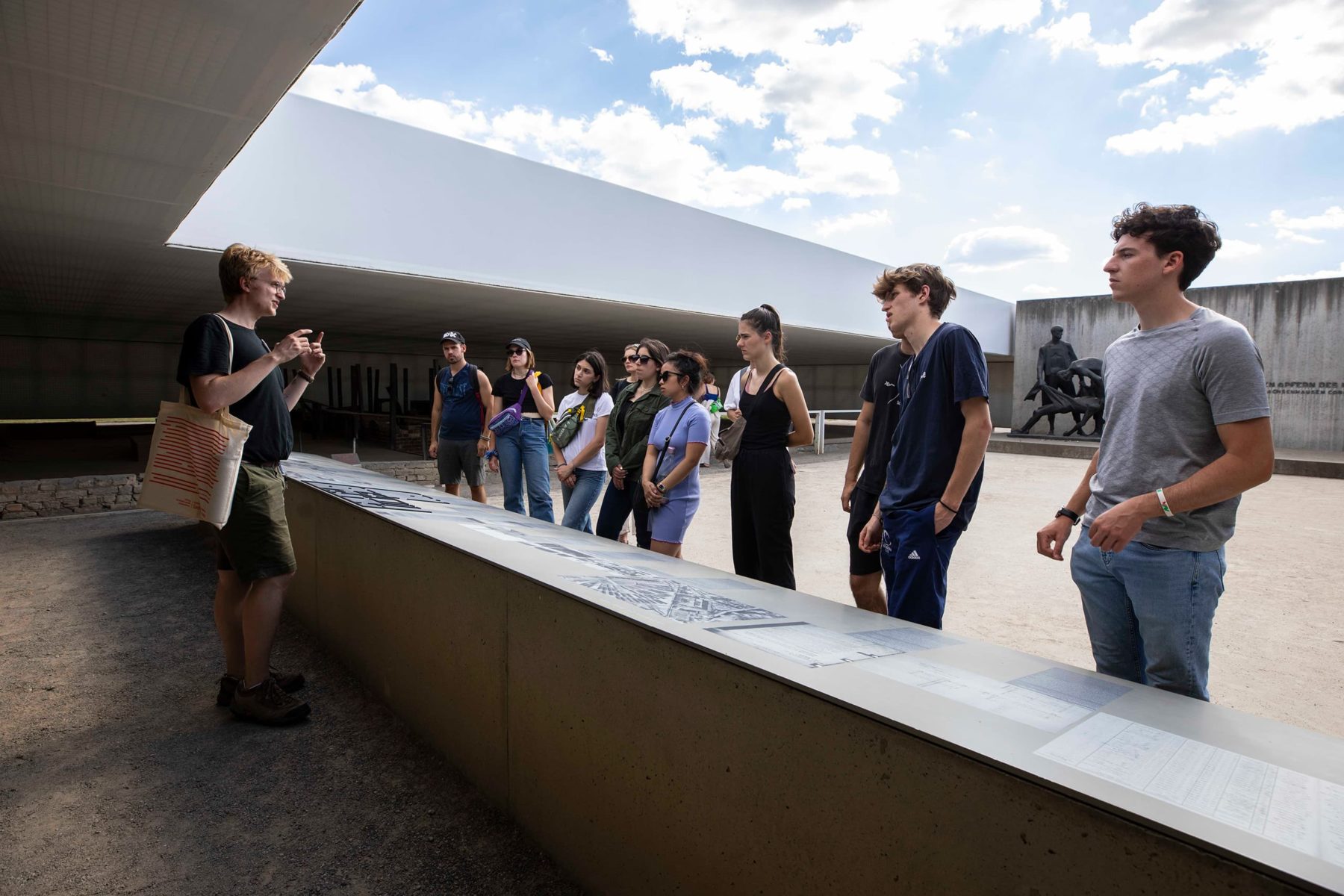
The memorial provides information about the former concentration camp Sachsenhausen in Oranienburg near Berlin. Many visitors come to learn more about the history of this place, but also survivors and their relatives come to this place of persecution to commemorate what happened. You will support office and research work at the memorial, be a contact person for visitor groups and give guided tours.

The Grandhotel in Regensburg, Bavaria is a multifaceted meeting place for “all kinds of travellers”: accommodation for refugees, hotel and café, learning workshop and artist’s studio. As a volunteer, you will accompany the refugees, receive guests in the café and get involved in cultural projects.

As a volunteer, you will live in Berlin and work at two volunteer placements: At Brandenburg Memorials, you will receive guests and work at the memorial site dedicated to the commemoration of people with disabilities murdered by the Nazis. At Cooperative Mensch, you will support people with disabilities, accompany them in their daily lives, and create recreational activities together.

As a volunteer, you’ll support refugees in a counselling center. You’ll accompany them, teach language skills and provide them with information. This volunteer position is combined with work at the Marzahn Forced Camp Memorial, where Sinti and Roma were persecuted under National Socialism.

During your volunteer year you’ll be part of the volunteer group. The nearly 20 volunteers come from different countries, and some of them live together in shared apartments in different cities throughout Germany. In several seminars, you will prepare for your service together, exchange ideas about historical and political issues and get to know the country and each other better.
“I am very happy to work with people with disabilities in my voluntary service, because I would also like to do social work in the future. (…) People with disabilities were persecuted and killed by the Nazis. The people I work with today may not have experienced this time themselves, but many were and still are exposed to discrimination.”
ASF volunteer at Diakoniewerk Simeon in Berlin
Volunteers from Germany in Israel
Every year, up to 25 volunteers take part in a 12-month peace service by Aktion Sühnezeichen Friedensdienste in Israel.
One year in Israel
You will work in the major cities of Haifa, Tel Aviv and Jerusalem as well as in Herzlia, Naharija and Afula in the four project fields of Aktion Sühnezeichen Friedensdienste: with elderly people – mainly survivors of the Shoah – in projects of political-historical education, in projects with socially disadvantaged people and in projects for people with disabilities.
Living and working in Israel as an ASF volunteer means, among other things, learning a new language and immersing yourself in the daily life of Israeli society. Volunteers have a close-up experience of Israel’s current situation. Meeting survivors of the Shoah and their families is of particular importance.
The beginning of our work here was difficult, because German-Jewish as well as German-Israeli relations were extremely strained by the Nazi crimes. At the beginning of the work in Israel in 1961, there were no diplomatic relations with Germany and virtually no German visitor groups came to the country. Sühnezeichen volunteers did pioneering work in building interpersonal relations and developing encounter programs. To date, more than 1,500 mostly young, but also older people have done an ASF volunteer service in Israel.
“Combination projects” create insights
The hallmark of Sühnezeichen in Israel are the so-called combination projects. Unlike in other project countries, the weekly working time is divided between two or three different project fields. This way, the volunteers can devote part of their time to meeting survivors of the Shoah and World War II and another part to a variety of other project fields.
“I appreciate the work of the volunteers. It’s important for both sides: As an act of reconciliation and as well as a great help for the survivors of the Shoah.
Commemoration is important as a call for the future – to stand up against antisemitism and prejudices. Young people should learn from the past growing conscious that they aren’t responsible for what happened back then, but for what happens in the future. When they answer: “We’re all human beings” – then I’ve achieved the most important thing.”
ASF partner and contemporary witness of the Shoah, Prague




